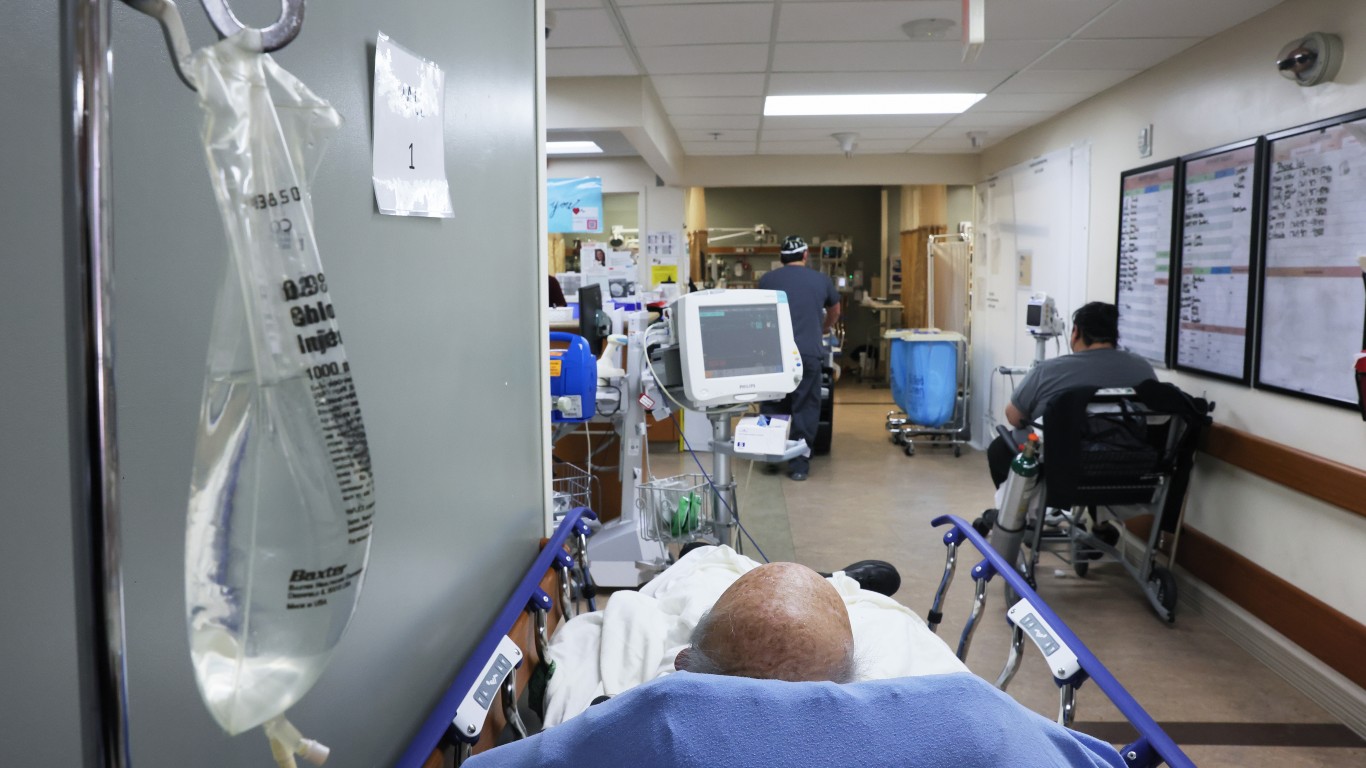
It is easy to forget how hard the disease has hammered the United States. America has had 37,707,464 confirmed cases, or about 17% of the world total. Fatal cases, at 634,788, are about 15% of the global figure. This is despite tremendous outbreaks in highly populated nations including Brazil, India, Indonesia and the United Kingdom.
The Delta variant of COVID-19 has taken the United States by storm, raising questions as serious as whether current vaccines protect people as well as they did from earlier variants. The federal government has just announced that many people will start to get a third shot, called a booster, starting late next month. These shots will be administered eight months after people were fully vaccinated.
New COVID-19 cases have jumped to where they were in November, at the start of the terrible third wave of the disease that lasted until early this year. Daily fatal cases recently topped 1,000 for the first time in months.
When epidemiologists and public health officials measure the effects of the diseases, their findings are often based on per 100,000 people. This is done so that different populations in counties and states can be compared to one another. One of the most important measurements recently has been vaccination rates. Nationwide, the percentage of the population over 18 who have been fully vaccinated is 62%. However, that figure is under 50% in several states, including Alabama, Louisiana, Mississippi, Tennessee, West Virginia and Wyoming.
States with low vaccination rates have led the nation in numbers of new cases, deaths and hospitalizations. Experts watch hospitalizations carefully because they are a proxy for the very ill.
24/7 Wall St. reviewed facility-level data from the Centers for Disease Control and Prevention (CDC), which aggregates this data from two main sources: HHS TeleTracking and reporting provided directly to HHS Protect by state/territorial health departments on behalf of their health care facilities.
To determine the occupancy of adult intensive care unit beds and the number of adults with confirmed or suspected COVID-19 who are hospitalized in an ICU bed, we calculated a value based on the aggregate sum for each state. These totals were provided at the facility level during the collection week of July 30, 2021, to August 6, 2021. Suppressed values where the facility level sum or average was less than 4 were not included in the aggregation.
Using this data we determined which states were running out of ICU beds, based on “occupied inpatient ICU beds per 100,000 people.” The state with the highest and worst number was Louisiana at 219.0, followed by Alabama, West Virginia and Florida.
These are the 10 states running out of ICU beds:
- Louisiana: 219.0
- Alabama: 211.1
- West Virginia: 192.7
- Florida: 190.8
- Arkansas: 189.2
- Missouri: 179.9
- Kentucky: 179.2
- Tennessee: 175.7
- Mississippi: 172.0
- Ohio: 166.3
Click here to see the states where the most people are vaccinated.
Are You Still Paying With a Debit Card?
The average American spends $17,274 on debit cards a year, and it’s a HUGE mistake. First, debit cards don’t have the same fraud protections as credit cards. Once your money is gone, it’s gone. But more importantly you can actually get something back from this spending every time you swipe.
Issuers are handing out wild bonuses right now. With some you can earn up to 5% back on every purchase. That’s like getting a 5% discount on everything you buy!
Our top pick is kind of hard to imagine. Not only does it pay up to 5% back, it also includes a $200 cash back reward in the first six months, a 0% intro APR, and…. $0 annual fee. It’s quite literally free money for any one that uses a card regularly. Click here to learn more!
Flywheel Publishing has partnered with CardRatings to provide coverage of credit card products. Flywheel Publishing and CardRatings may receive a commission from card issuers.
Thank you for reading! Have some feedback for us?
Contact the 24/7 Wall St. editorial team.



